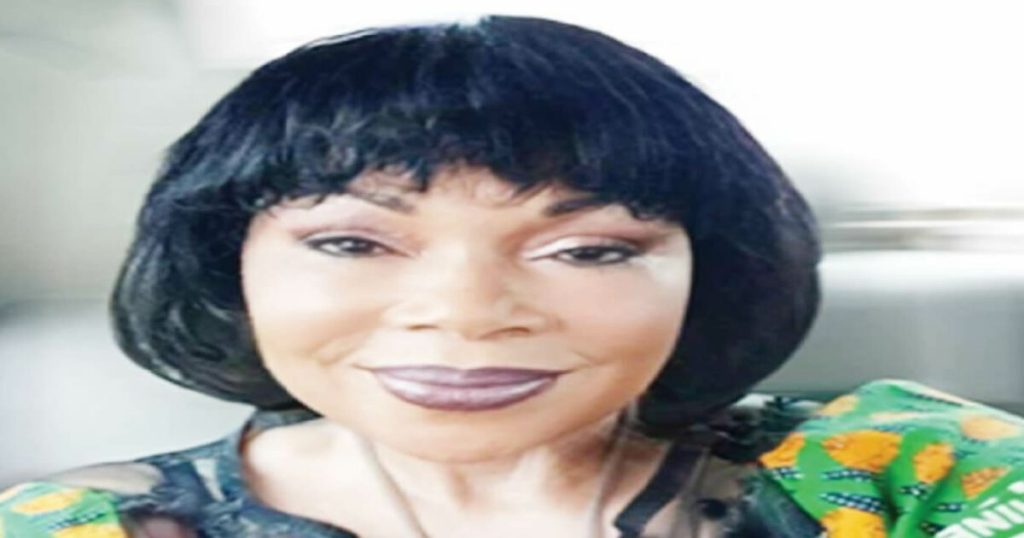The African Democratic Congress (ADC) is experiencing a surge in membership and influence, positioning itself as a formidable force in Nigerian politics, particularly in Lagos and Edo states. This growth is attributed to the influx of prominent political figures from other established parties, including former governors, party secretaries, and influential figures. The party’s appeal stems from its promise of a revitalized Nigeria, free from poverty and equipped to tackle its multifaceted challenges. This renewed vigor aligns with the long-held vision of the former national chairman, Ralph Nwosu, who envisioned the ADC as a unifying force capable of delivering tangible solutions for the nation.
In Lagos State, the ADC has welcomed Rahman Owokoniran, the former South-West Secretary of the Peoples Democratic Party (PDP), into its fold. This significant acquisition strengthens the party’s presence in a key political battleground. Furthermore, the appointment of Rauf Aregbesola, a former governor of Osun State and a one-time ally of President Bola Tinubu, as the ADC’s national secretary has significantly bolstered the party’s profile and organizational capacity. Aregbesola’s political experience and network within Lagos further solidify the ADC’s growing influence in the state. These strategic additions suggest a growing momentum for the ADC and a potential shift in the political landscape of Lagos.
The ADC’s expansion is not limited to Lagos. In Edo State, the party has attracted the support of Chief John Oyegun, the former National Chairman of the All Progressives Congress (APC). Oyegun’s decision to join the ADC carries substantial weight, signaling a potential shift in political allegiances within the state. Beyond Oyegun, there is a reported wave of members from various parties, including the PDP, APC, and Labour Party, seeking to join the ADC. This influx of new members from diverse political backgrounds underscores the ADC’s growing appeal and its potential to reshape the political dynamics of Edo State. The party’s ability to attract members from across the political spectrum points towards a growing dissatisfaction with existing political structures and a desire for a viable alternative.
The driving force behind the ADC’s resurgence is attributed to the party’s coalition strategy, which has effectively positioned it as the leading opposition party in Nigeria. This strategy focuses on attracting a broad coalition of members from different parties, united by a common goal of providing a credible alternative to the existing political establishment. The influx of experienced politicians and party leaders adds not only numerical strength but also strategic expertise and organizational capabilities. This diverse coalition brings together varying perspectives and experiences, potentially creating a more robust and responsive political platform.
The optimistic outlook within the ADC extends to the 2027 presidential election, with some party members expressing confidence in their ability to secure victory. This ambition reflects a growing belief in the party’s potential to mobilize a significant electorate and challenge the dominance of the established parties. While recognizing the considerable challenge ahead, the ADC’s positive trajectory and the caliber of its new members provide a foundation for a more competitive political landscape. The focus now will be on consolidating these gains, building a strong organizational structure, and developing a compelling political platform to resonate with the Nigerian electorate.
Former Publicity Secretary of the ADC, Mabel Oboh, attributes the party’s positive momentum to the vision of former national chairman, Ralph Nwosu, who envisioned a vibrant and united Nigeria. Nwosu’s focus on poverty alleviation and providing solutions to national challenges resonates with a broad electorate and forms a core element of the ADC’s appeal. This commitment to addressing fundamental national issues provides a clear direction for the party and a rallying point for its growing membership base. The ADC’s success will depend on its ability to translate this vision into tangible policies and effectively communicate its message to the Nigerian public.


